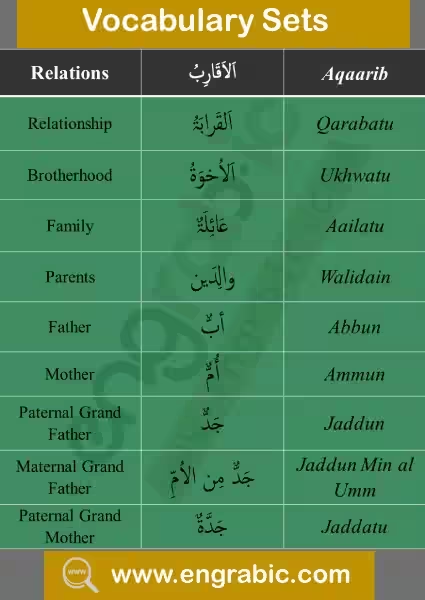
The concept of “Tao” (translated as “the Way” in English) has captivated philosophers and spiritual seekers across cultures for centuries. This profound concept, originating from ancient Chinese philosophy, represents the fundamental principle of the universe, the underlying order and interconnectedness of all things. While the Tao is often associated with Eastern philosophy, its timeless wisdom resonates with people around the world, including those who speak Arabic.
This article delves into the fascinating world of the “Tao” in Arabic, exploring its meaning, significance, and relevance to Islamic thought and culture. We will examine how the concept of the “Tao” has been interpreted and integrated into the Arabic language and explore its potential for enriching our understanding of the universe.
Understanding the Tao in Arabic
The concept of the “Tao” is not easily translated into Arabic, as it encapsulates a multifaceted and complex idea. While there are various interpretations and translations, the most common Arabic term for “Tao” is “الطريق” (al-ṭarīq), which literally means “the path” or “the way.” This translation effectively captures the essence of the “Tao” as a guiding principle, a path to follow, and a source of harmony.
Other Arabic terms used to convey the meaning of the “Tao” include:
- “الطريقة” (al-ṭarīqa): This term emphasizes the method or approach to understanding and living in accordance with the “Tao.”
- “الحكمة” (al-ḥikma): This term highlights the wisdom and insight embodied by the “Tao.”
- “الوجود” (al-wujūd): This term emphasizes the all-encompassing nature of the “Tao,” encompassing all existence.
The Tao and Islamic Thought
The concepts of the “Tao” and Islam, at first glance, may seem quite different. Islam emphasizes the belief in Allah, the One God, as the creator and sustainer of all things. However, there are intriguing parallels between the two systems of thought, particularly in their emphasis on the interconnectedness and unity of the universe.
The Quran, the holy book of Islam, speaks of the “signs” of Allah in the natural world, emphasizing the intricate balance and harmony of creation. This concept aligns with the “Tao”‘s focus on the interconnectedness of all things and the importance of living in accordance with the natural order of the universe.
The Tao in Arabic Literature
Sufi Perspectives
Sufism, a mystical branch of Islam, has long been drawn to the concepts of unity and the divine presence in all things. The Sufis have often found resonance with the “Tao”‘s emphasis on transcending the dualities of the world and seeking the ultimate reality. Many Sufi texts and teachings incorporate concepts similar to the “Tao”, emphasizing the importance of finding inner peace, living in harmony with nature, and seeking union with the Divine.
Poetry and Art
The concept of the “Tao” has also influenced Arabic literature and art. Arabic poets, inspired by the “Tao”‘s emphasis on simplicity, naturalness, and the beauty of the world, have often incorporated themes of interconnectedness, harmony, and the flow of life in their works. The Arabic calligraphy art, known for its intricate patterns and symbolic representations, can be seen as a visual manifestation of the “Tao”‘s principles of interconnectedness and the flow of energy.
The Tao: A Timeless Guide
The “Tao” is not a dogma or a set of rules; it is a guiding principle, a way of living, and a source of wisdom that has resonated with people across cultures and time. Whether understood through the lens of ancient Chinese philosophy, Islamic mysticism, or through the beauty of Arabic literature and art, the “Tao” offers a timeless perspective on the nature of reality, urging us to live in harmony with the universe and with ourselves.
As we delve deeper into the world of the “Tao” in Arabic, we can gain new insights into the interconnectedness of all things, the beauty of the universe, and the potential for finding inner peace and harmony. The “Tao” offers a path to understanding the essence of existence, not only in the Arabic language but for all who seek to live in accordance with the natural order of the universe.
Frequently Asked Questions About Tao in Arabic
What is Tao in Arabic?
The Arabic word for Tao is “الطاو” (al-ṭāw).
What does Tao mean in Arabic?
Tao is a Chinese philosophical concept that refers to the ultimate principle of the universe. In Arabic, “الطاو” (al-ṭāw) is often translated as “الطريقة” (al-ṭarīqah), meaning “the way” or “the path.”
How is Tao used in Arabic?
The concept of Tao is not as widely discussed in Arabic culture as it is in Chinese culture. However, the word “الطاو” (al-ṭāw) is sometimes used to refer to the path of spiritual enlightenment or the natural order of things.
Are there any Arabic texts that discuss Tao?
There are no known Arabic texts that specifically focus on Taoism. However, some Arabic philosophical works may touch upon similar concepts related to the natural order, the universe, and the pursuit of knowledge.
- Double-check the URL for typos.
- Try accessing the URL from a different device or browser.
- Look for announcements or status updates on the website or social media.
- Contact the website administrator for support.








